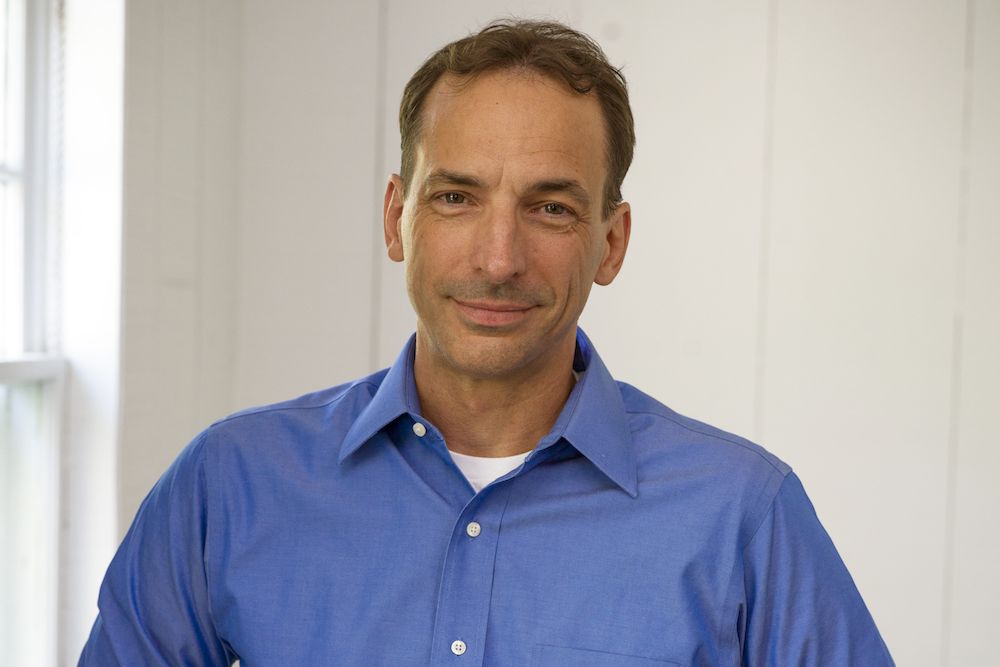
Social Mobility and The Years That Matter Most
The super wealthy Americans of the late 19th and early 20th century, Carnegie, Rockefeller and the like, all started out without much; but through grit, perseverance and lucky breaks, they amassed incredible wealth. This has always been part of our great American mythos – the Gold Rush, heading West, or being an oil Wild Cat. Through pluck and ingenuity, fortunes were made. However, this shifted around the time of WWII with a turn toward the knowledge economy. Then when mobility happened, it happened through higher education. Now, we are shifting once again. And the question on the minds of those concerned with the health of our democracy and the growth of our Nation’s economy is whether higher education will remain the best path forward.
Journalist, and New York Times bestselling author, Paul Tough has been grappling with the question of social mobility for a long time. He is drawn to understand the path for success for young Americans and the impact the process of mobility has on an individual’s life.
Prior to WWII, college was for rich kids. The GI bill changed this. Farm boys from Iowa, street kids from New York. began seeking higher education in droves when this opportunity opened up, and it changed their lives and the country. Education became the golden ticket for social mobility. In Paul Tough’s new book, The Years That Matter Most: How College Makes or Breaks Us, he sets out to unravel the current mysteries of American higher education. What he finds is full of surprises; it is at once disheartening, enlightening and inspiring.
Tough discovers higher education has become both a pathway and a barrier. For the individual, college still works as this engine of social mobility and can provide a future beyond imagination. But for the nation as a whole, as a system, it is not working.
As confusing as it was to Tocqueville, mobility has always been the cornerstone of our democracy, In America, the rich people aren’t always rich and the poor people aren’t always poor; and for the good of us all, we need to keep it that way.
